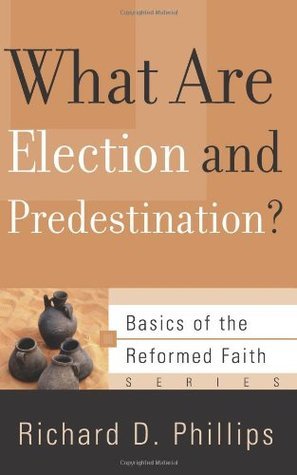A brief introduction to the Reformed doctrine of predestination. It covers a lot of ground, including several objections. It's not as organized as it could've been, nor does it make as strong a case as could be made.
Notes
Election
Verses: Eph 1:4-5; Rom 9:10-11; Acts 13:48; 1 Pet 1:1; 2 Pet 1:10; John 15:16; 6:37-39, 65; Is 46:9-10; Deut 7:8-8; John 1:13; Titus 3:3-5; Rom 8:30; Jonah 2:9.
Predestination
Verses: Eph 1:5; Rom 3:23; 8:29; 9:11-16.
Bible teaches divine predestination and human responsibility without reconciling them.
There's always mystery where divine and human meet. E.g., Christ's human and divine natures, human and divine authorship of Scripture.
Predestination and genuine choice taught in Eph 1:5, actions of Judas, actions of Jesus, actions of Jews who killed Jesus (Acts 2:23).
"It is not as if God looked down on a neutral humanity, deciding to make some believers and others reject him. Rather, he looked upon a humanity already guilty in sin and unbelief. … God passes by some sinful rebels, allowing them to continue their chosen hell-bound course to the praise of his justice. Others he saves to the glory of his mercy." See Rom 3:23; 9:11-16.

